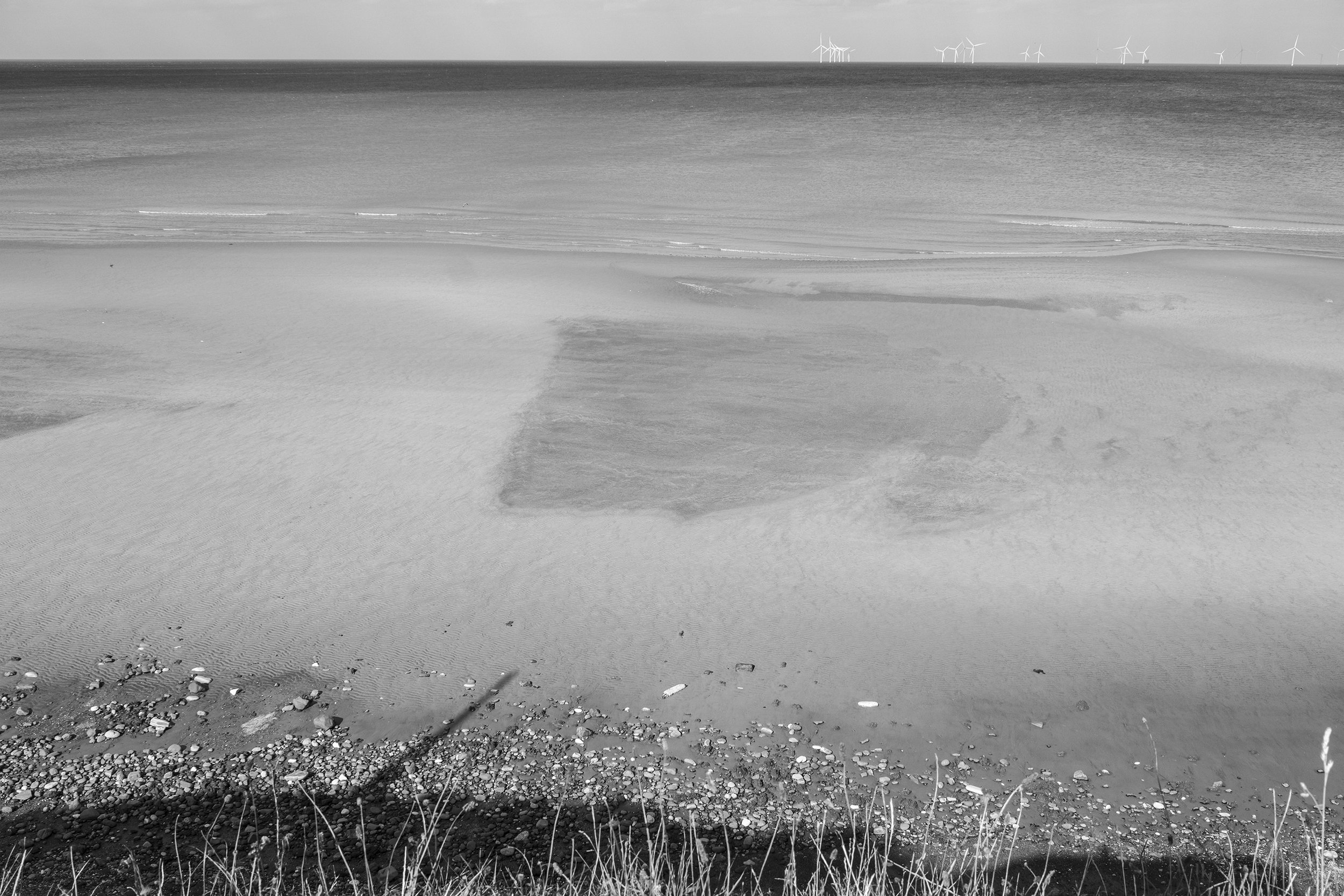
DIG DEEPER
COMMUNITY ARCHIVE
Media Uploader
We are building an online Virtual Ecologies community archive, which will go live in April 2025. The archive will contain outcomes from workshops, events and exchanges. We are also collecting as many photographs, images, articles and media clips from across the Hull, Holderness and East Yorkshire communities as possible, related to landscape, coastal change, farming and wildlife, so that we can create a rich and powerful record of natural change for and from within the community as possible. This will serve as an educational resource for learning centres, and the coming generations that will inherit our often uncollected but crucial, local ecological knowledge.
Virtual Ecologies seeks to open up emerging natural science and cognitive health research to new interpretations. In exploring the natural history, biodiversity, geology and land management of the Humber Estuary and the East Yorkshire coast together with subject-specialists, we aim to build a rich and multifaceted ecological picture from a range of interwoven, intergenerational perspectives. This picture will form a case study from within the community - for the community – and we will begin to understand more intimately how the region we occupy is a microcosm of wider climate issues, and rapid ecological change.
Shifting Baseline Syndrome is used to track gradual changes in our shared, default perceptions of a healthy, functioning ecosystem. It describes the ways in which the impact of lost information, and lack of experience of past conditions is increasing our tolerance for environmental decline over time.
The learning programme we are developing as a team aims to test the power of SBS as a device for generational mapping through creative exchanges between family groups and individuals of different ages, and a means of understanding the role that ecological memory plays in our perceptions of natural change that have often under-examined but crucial impacts in the way we negotiate change in our daily lives.
Vulnerabilities and Social Isolation
The rate of people aged 65+ in Humber and North Yorkshire with a dementia diagnosis is 9th highest by Integrated Care Board group in England. At the same time, more teenagers and young adults under 25 than other ages in Yorkshire and the Humber are citing loneliness as an issue when contacting mental health services, according to Mental Health Innovations. Reducing isolation and bringing people of all ages together through carefully differentiated and meaningful creative work is a personal objective for our project team, and key to unlocking our shared perceptions of natural change.
In seeking to address rural and coastal isolation across Holderness as well as inner-city social exclusion in Hull, we will join forces with Rewilding Youth, who work to understand how urban wild spaces can positively affect mental health for young people that might not normally engage with, or have the opportunity to experience nature. Outside the city, we are working with Barnardo’s to develop workshop programmes on place and environment for children’s SEND groups and adults aged 18-25 living with learning disabilities. Groups and participating communities across our project partner network will gather together for experiential learning adventures at nature reserves and sites along the coast, as well as contemporary art venues.
Memory, Perception, and Cognitive Health
Our project team will develop new working methodologies as artist-educators in consultation with Emotional Intelligence researchers for engaging and supporting vulnerable young people, and adults in care settings. This will include those living with Dementia and diverse neurological conditions. We are working in partnership with Alzheimer’s Society East Riding and regional dementia support activity groups to shape new creative approaches for sharing ideas around natural change, through material experimentation, together with the individuals and families they support.
This research thread will be enriched by consultation with researchers at the Lise Meitner Group for Environmental Neuroscience (Max Planck Institute for Human Development). The learning that takes place in this exchange between Environmental Psychologists and the project team will also influence the development and functionality of the innovative online archive, of outcomes and responses, that we will build with Creative Technologist Aristotle Roufanis and participant groups launching at the culmination of the project.
We aim to open up questions more widely around what memory loss might mean in relation to the preservation of ecological knowledge, as climate change increasingly impacts our cognitive health.
If you would like to know more about our research aims and programming, or to reach out and connect up with us around opportunities for creative exchange, we would love to hear from you. Get in touch by emailing us at info@virtualecologies.com






